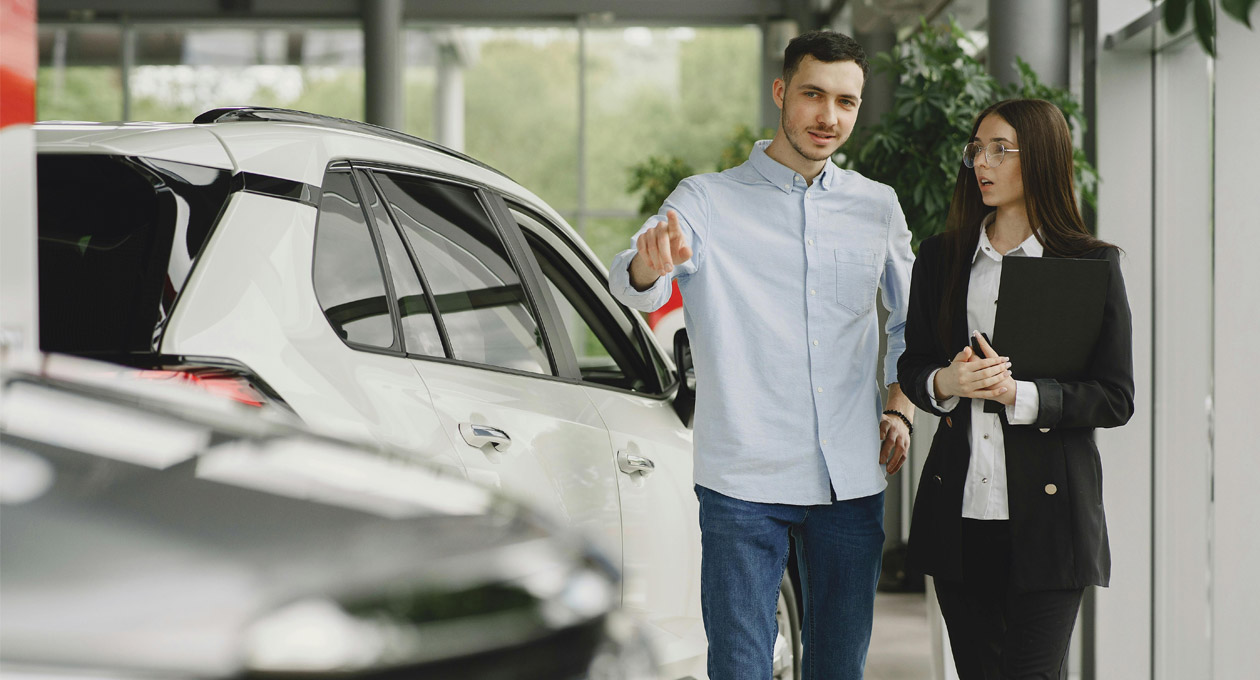
Yes, window tinting can add value to your car. While it might not directly translate to a significantly higher sale price, it offers several benefits that enhance the desirability of your vehicle. Tinting increases privacy, protects your car’s interior from harmful UV rays, and can even boost its aesthetic appeal. However, several factors influence how tinting affects resale value, so it’s crucial to understand the nuances. This article delves into the relationship between window tint and resale value, providing an informed guide to help you make the best decision for your needs.
The Impact of Window Tint on Resale Value
Contrary to popular belief, window tint alone doesn’t significantly increase a car’s resale value. Think of it this way: a buyer won’t pay extra simply because your car has tinted windows. However, a professionally installed, high-quality tint job, coupled with a well-maintained vehicle, can contribute to a positive overall impression. This positive perception can lead to a smoother sale and potentially a slightly higher price.
Think of it as a package deal. A well-maintained car with appealing features, including tasteful and professionally installed window tint, can create a sense of care and value.
Factors Influencing a Buyer’s Perception
Several factors related to window tinting can influence a buyer’s perception and potentially impact resale value:
- Installation Quality: A professional tint job is crucial. Clean lines, no bubbles or peeling, and even application demonstrate attention to detail and contribute to a higher perceived value. Poorly installed tint, on the other hand, can be a major turn-off for potential buyers. It suggests a lack of care and may even signal the use of cheap, low-quality materials.
- Tint Condition: Faded, purpled, scratched, or bubbling tint detracts from your car’s appearance and suggests neglect. Buyers may factor in the cost of tint removal or replacement, potentially lowering their offer.
- Legal Compliance: Ensure your tint darkness complies with local regulations. Buyers might hesitate if they need to remove non-compliant tint, leading to potential hassle and expense.
- Car’s Overall Condition: A well-maintained car with quality tint presents a cohesive picture of care and attention. Conversely, a neglected car with even the best tint might not see a significant value boost. The car’s overall condition plays a significant role in a buyer’s perception.
- Target Audience: Consider your target demographic. Younger buyers or those in hotter climates might appreciate tinting more than others, potentially impacting their willingness to pay a premium.
Beyond Resale: The Real Benefits of Window Tinting
While a significant resale value increase might not be guaranteed, window tinting offers tangible benefits for car owners:
- Enhanced Comfort: Tinted windows block a significant portion of solar heat, keeping your car cooler, especially during hot summer months. This translates to reduced reliance on air conditioning, saving energy and fuel. Did you know? Studies have found that tinting windshields in cars can significantly reduce interior air temperatures by 2 to 3°C, with smaller differences in dynamic tests [1].
- UV Protection: Tinting blocks harmful UV rays, protecting your skin and your car’s interior from sun damage. This helps preserve the quality of your upholstery and prevents fading or cracking of dashboards and leather.
- Increased Privacy and Security: Tinted windows offer increased privacy, shielding your belongings from prying eyes. This can deter potential thieves as the contents of your car are less visible.
- Aesthetics and Personalisation: Tinting can dramatically enhance your car’s appearance. It adds a sleek and modern aesthetic, allowing you to personalise your vehicle according to your style preferences.
Weighing the Drawbacks
While the benefits are numerous, it’s important to consider potential drawbacks before tinting your windows:
- Reduced Visibility: Dark tints can impair visibility, particularly at night or in low light conditions. This can pose safety risks and requires extra caution while driving.
- Legality Issues: Excessively dark tints can violate local laws, leading to fines or requiring tint removal. Before tinting, research your local regulations to ensure compliance.
Cost vs. Value: Making an Informed Decision
Tinting costs vary depending on car size, tint type, and installer experience. While a quality tint job can enhance your car’s appeal, don’t expect a significant resale value increase solely from the tint.
Consider tinting as an investment in your comfort, privacy, and car’s protection from the elements. If resale value is a primary concern, prioritise other factors like meticulous car maintenance, timely repairs, and a clean interior.
Window tint alone doesn’t guarantee a higher resale value. However, when combined with professional installation, good condition, legal compliance, and a well-maintained vehicle, it can contribute to a positive overall impression and potentially lead to a slightly higher sale price.
Ultimately, the decision to tint should be based on a holistic assessment of your priorities, weighing the benefits of comfort, UV protection, privacy, and aesthetics against the potential drawbacks and costs. Choose a reputable installer like EverClear Window Tinting, ensure legal compliance, and maintain your tint to reap the maximum benefits throughout your ownership.
[1] Hurst, W., & Scroger, M. (1974). INFLUENCE OF WINDSHIELD TINT ON THE TEMPERATURE IN AUTOMOBILE PASSENGER COMPARTMENTS. . https://doi.org/10.6028/NBS.IR.74-533.

